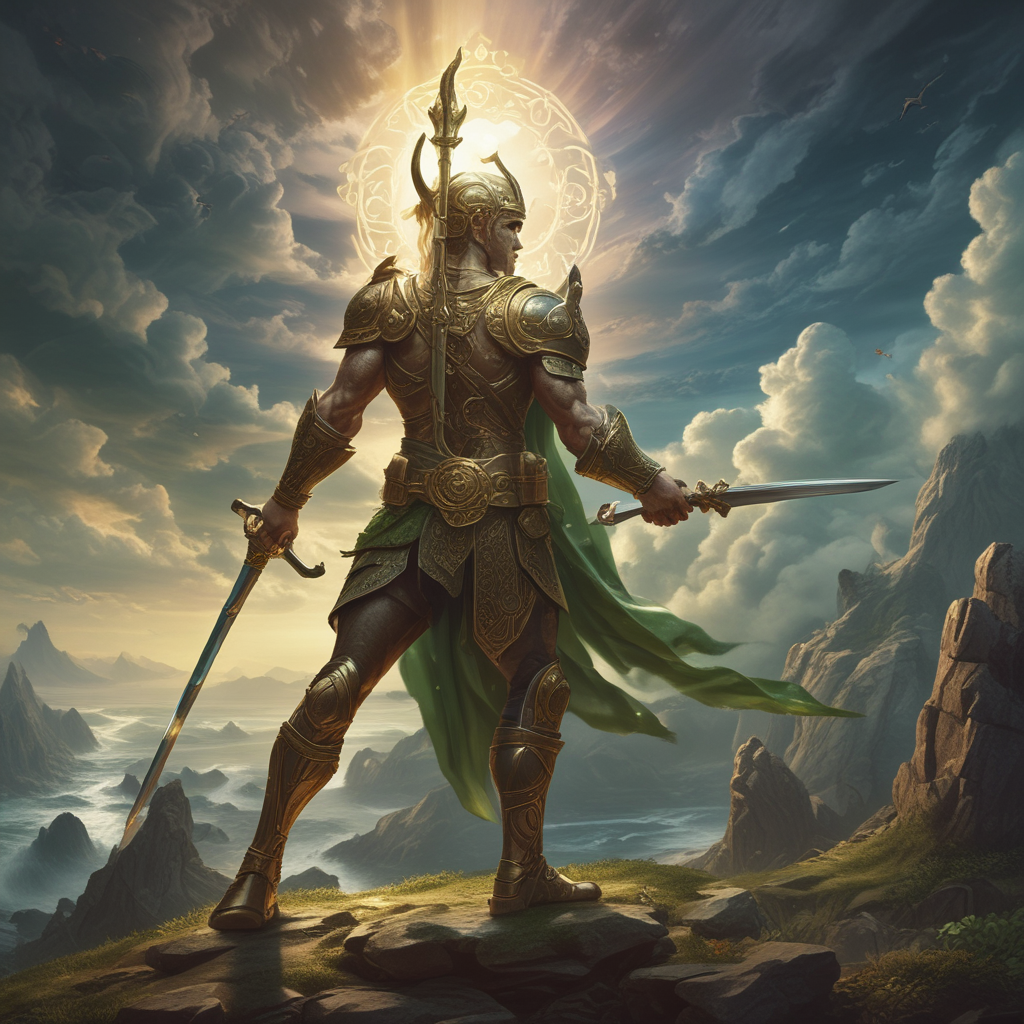The Influence of Gaulish Mythology on Celtic Stories
Gaulish mythology, originating from ancient Celtic tribes in what is now present-day France, has left a lasting impact on the rich tapestry of Celtic stories and legends. These myths not only entertained and intrigued the Celtic people but also shaped their beliefs, traditions, and cultural identity. Let’s explore how Gaulish mythology influenced Celtic stories and the enduring legacy it continues to hold.
What is Gaulish Mythology?
Gaulish mythology refers to the beliefs, stories, and legends of the Celtic tribes that inhabited Gaul (modern-day France) before the Roman conquest. These myths were intertwined with nature, spirits, gods, and heroes. Gaulish mythology often depicted the connection between humans and the divine, with deities representing various aspects of life and nature.
How Did Gaulish Mythology Influence Celtic Stories?
When Celtic tribes migrated from Gaul to regions like Ireland, Scotland, Wales, and Brittany, they brought with them their rich tapestry of mythological tales. These Gaulish myths amalgamated with existing Celtic traditions, giving rise to a shared Celtic culture. Gaulish deities like Cernunnos, the horned god of animals and fertility, and Epona, the goddess of horses, influenced Celtic mythology, where similar figures were revered.
Stories of heroism, magical creatures, and the Otherworld in Gaulish mythology found parallels in Celtic folklore. Druids, the spiritual leaders of the Celtic people, incorporated elements of Gaulish beliefs into their teachings and rituals, further blurring the lines between the two mythologies.
The Enduring Legacy of Gaulish Mythology in Celtic Culture
Even with the passage of time and the influence of other cultures, Gaulish mythology continues to live on through Celtic stories, art, and festivals. The reverence for nature, the celebration of bravery and honor, and the belief in the supernatural are all echoes of Gaulish influences on Celtic culture.
Today, visitors to ancient Celtic sites in Gaul, such as the Carnac Stones and the sanctuary of Roquepertuse, can sense the lingering presence of Gaulish mythology. The interwoven nature of Gaulish and Celtic mythologies serves as a reminder of the enduring power of storytelling and its ability to shape the collective consciousness of a people.
FAQ: The Influence of Gaulish Mythology on Celtic Stories
What is Gaulish Mythology?
Gaulish mythology refers to the beliefs, legends, and deities of the ancient Celtic people who inhabited modern-day France, Belgium, and surrounding regions. It includes a rich tapestry of stories about gods, heroes, and mystical creatures that shaped the worldview of the Gauls.
How did Gaulish Mythology influence Celtic Stories?
Celtic stories, including Irish and Welsh myths, show noticeable influences from Gaulish mythology. Deities like Cernunnos, a Gaulish god of animals and fertility, are often reflected in Celtic tales. The Gauls’ reverence for nature and supernatural beings also left a lasting mark on Celtic folklore.
Can you give examples of Gaulish Mythology in Celtic Stories?
Sure, one example is the similarity between the Gaulish deity Sucellus, associated with agriculture and prosperity, and the Celtic god Dagda, known for his prowess in agriculture and magic. Additionally, tales of Gaulish hero-gods like Camulos may have inspired stories of Celtic heroes like Cu Chulainn.



